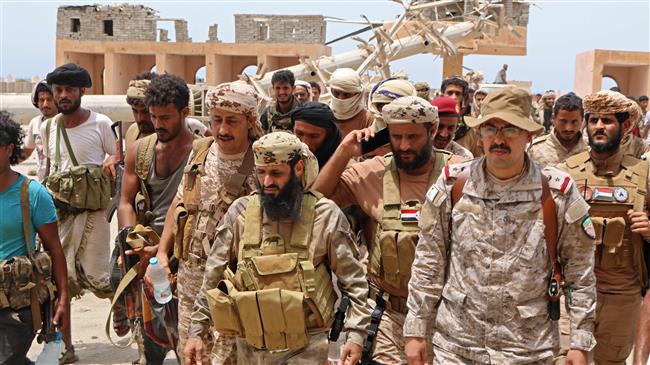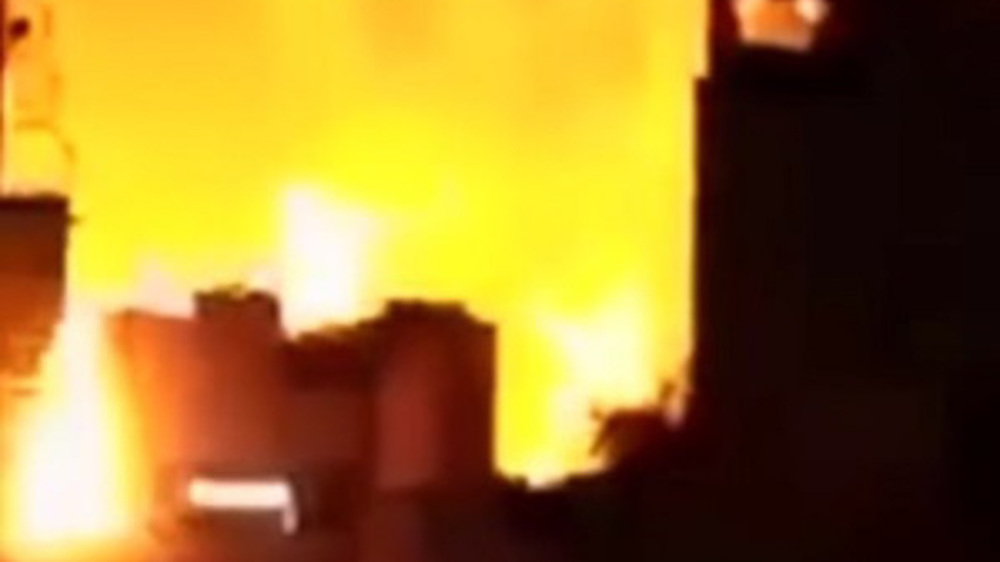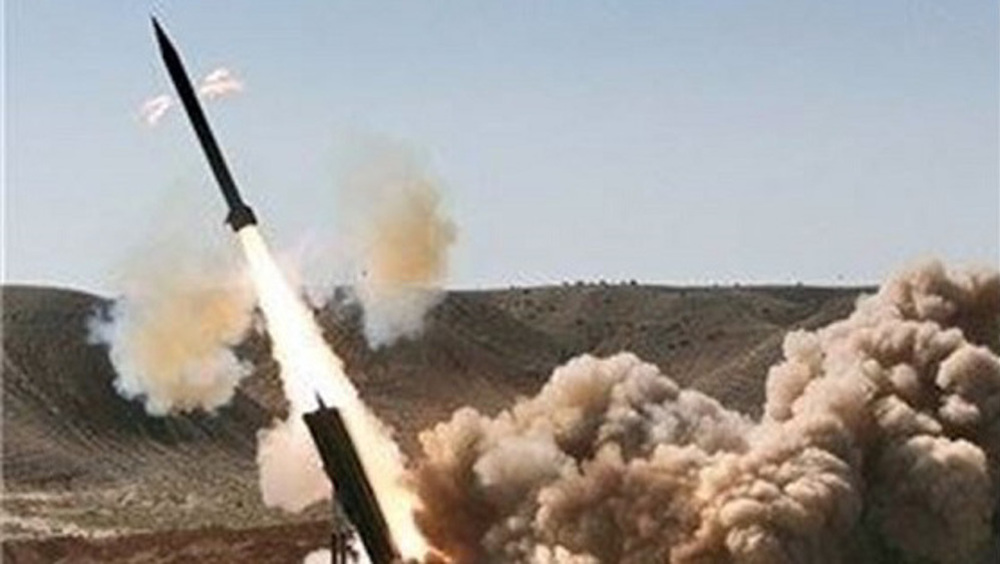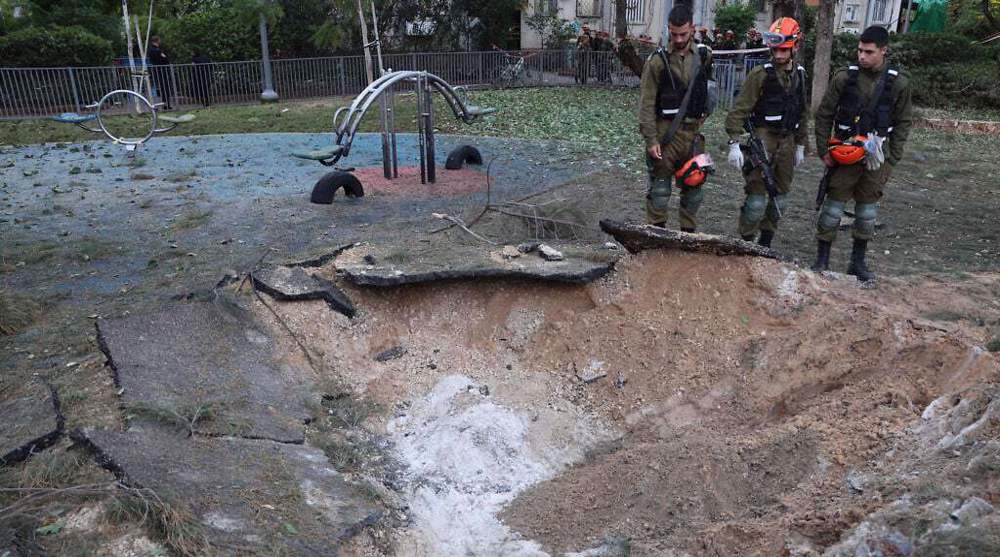Rival Saudi-led, UAE-allied militants agree to share power in south Yemen
Yemen's Saudi-backed militants and rival separatist forces sponsored by the United Arab Emirates (UAE) have agreed to share power in the country’s south as part of an agreement brokered by Riyadh in an attempt to end infighting in the military coalition that is waging a bloody war against broader Yemen.
Late on Tuesday, Saudi Arabia said it had proposed a resolution aimed at accelerating the implementation of a deal that the kingdom had brokered in Riyadh last November between militants loyal to Yemen’s former Saudi-allied government and UAE-backed separatists with the so-called Southern Transitional Council (STC).
Under the Saudi-proposed resolution, the STC agreed to rescind its “self rule” in the southern port city of Aden, which serves as the seat of the Yemeni regime led by former president Abd Rabbuh Mansur Hadi, according to a press release posted by the state-run Saudi Press Agency (SPA) and the Saudi Foreign Ministry early on Wednesday.
The sides also reached an agreement to observe a ceasefire, which came into effect on June 22, and appoint a “governor” for the regional capital Aden and form “a government” there within 30 days.
Shortly after the report, STC spokesman Nizar Haitham tweeted that his group was abandoning self-administration.
The Riyadh agreement was designed to end the power struggle and deadly clashes between the two sides, which are allies under the Riyadh-led military coalition.
Defying the deal, the UAE-sponsored STC declared in late April a state of emergency and announced “self-administration rule” in Yemen’s southern areas, including Yemen.
The STC’s announcement deepened the rifts in the already-divided coalition, which has been engaged in a military campaign since 2015 to seize the Sana’a government from Yemen’s popular Houthi Ansarullah movement and re-install Hadi there.
The infighting in Aden and other southern regions has also complicated efforts by the United Nations for a permanent ceasefire to the Saudi war against entire Yemen.
Hadi resigned in 2014 and later fled to the Saudi capital, prompting the Houthi movement to take state affairs into its own hands in the absence of an effective government in Sana’a.
Besides running the state from Sana’a, the Houthi movement, backed by Yemeni armed forces, has been defending the country against the Saudi-led aggression.
Over 100,000 people have lost their lives as a result of the war in the past five years, according to some figures.
The war — which is accompanied by a crippling blockade — has also destroyed, damaged and shut down Yemen’s infrastructure, including a large number of hospitals.
China slams US as ‘war-addicted’ threat to global security
China ‘firmly opposes’ US military aid to Taiwan
VIDEO | Press TV's News Headlines
President Yoon Suk Yeol to be removed from office
At least 19 Gazans killed by Israeli airstrikes since dawn: Medics
Leader: Iran neither has nor needs proxy forces
US fighter aircraft shot down ‘in friendly fire’ amid aggression on Yemen
Yemeni FM: Israel’s sponsors accountable for ongoing aggression on Sana’a












 This makes it easy to access the Press TV website
This makes it easy to access the Press TV website